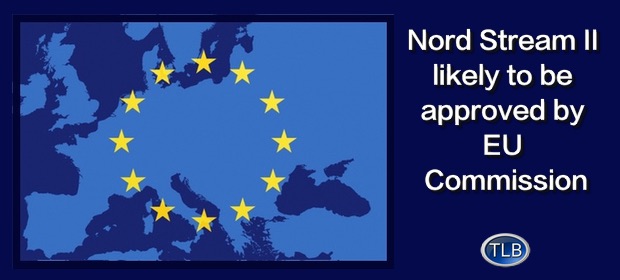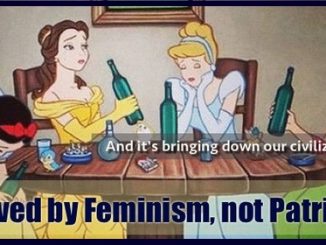
Cooking With Gas: Nord Stream 2 Project Gets Green Light From EU
SPUTNIK NEWS
Despite opposition from Poland and Ukraine, the EU Commission is unlikely to stop the Nord Stream 2 project since it enables the bloc to achieve its clean energy objectives.

“There are no legal grounds for the Commission to oppose Nord Stream-2…because [EU] rules do not apply to the offshore part of the pipeline,” EU Commission spokeswoman Anna-Kaisa Itkonen said.
The EU sent a letter to the Danish and Swedish energy and economy ministers on March 28, asking them to voice their concerns and clarify their stances so that the EU can negotiate an agreement with Moscow on the pipeline, the Wall Street Journal reported.
Nord Stream 2 will comprise a twin 1,200 km pipeline with a capacity of 55 billion cubic meters (bcm) of gas. It will run underneath the Baltic Sea from the Russian town of Vyborg near the Finnish border to Lubmin, near Greifswald in Germany.
The construction runs roughly parallel to the existing Nord Stream pipeline, which began operating in 2011. In 2016, the Nord Stream Pipeline operated at 80 per cent of its annual capacity of 55 bcm, delivering 43.8 bcm of natural gas to consumers in the EU.
The pipeline passes through the territorial waters and/or Exclusive Economic Zones (EEZs) of Russia, Finland, Sweden, Denmark, and Germany. The project’s managers are also holding consultations with Poland, which has expressed opposition to the project, as well as the neighboring Baltic states.
“There hasn’t been any direct ban on Nord Stream 2 by the European Union. Following the construction of the offshore section of the pipeline, land infrastructure will be required. Local regulators need to give permission for its construction – where and how this infrastructure will be built,” Sergey Pikin, director of the Energy Development Fund, a Russia-based, independent engineering company, told RT.
In October, the EU approved a deal between German energy regulators and Gazprom that lifted a restriction on the amount of gas Gazprom can supply via the OPAL onshore pipeline in Germany, which connects the existing Nord Stream pipeline to Europe’s gas pipeline grid.
Already entitled to 50 percent of OPAL’s capacity, the decision allowed Gazprom to bid for the right to supply an additional 7.7 to 10.2 billion cubic meters (bcm) more gas via the pipeline.

Despite this, Alexander Khrushudov from the Oil and Gas Information Agency told RT that OPAL and Nord Stream should not be subject to the jurisdiction of the Third Energy Package of directives, which aims to create a single, regulated gas and electricity market in the EU.
“In the beginning, OPAL was built jointly by Germany and Gazprom with the permission of the EU Commission. It was stipulated that as a continuation of ‘Nord Stream 1’ it doesn’t fall under the jurisdiction of the Third Energy Package,” Alexander Khrushudov from the Oil and Gas Information Agency told RT.
The Nord Stream 2 project gives the EU Commission an opportunity to implement its “Energy Union” strategy, which was adopted in February 2015 and aims to provide Europe with secure, affordable and climate-friendly energy.
Importing more gas from Russia is necessary for the EU since reserves in the EU and Norway are depleting, while gas consumption is expected to increase over the next few decades.
************
ER recommends other articles by Sputnik News





